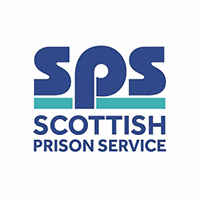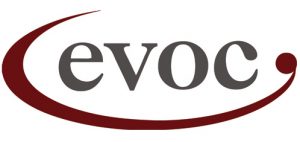For most people who are looking for help, the easiest first step is call or come to the Recovery hub in their area and talk to the workers there about what is going on for them.
North East Recovery Hub in Leith
North East Recovery Hub drop at Craigmillar
North West Recovery Hub
South West Recovery Hub
South East Recovery Hub (Gilmerton)
The Recovery Hubs are one – stop shops which bring together a range of treatment and support services. The staff there will listen, give information and advice and, if you want to, will help you to get further treatment and support. If you want further help, you will be allocated a keyworker – a drug and alcohol professional who will help you develop a personal plan and organise treatment and any other help that you need. You will meet your keyworker for regular one-to-one sessions and they will be your first port of call throughout your support.
Alternatively, you could visit your GP. Your GP can discuss your concerns with you, assess the nature of your problems and help you choose the most appropriate treatment. Your GP might offer to treat you or might refer you to a local specialist service.
There are also drug and alcohol counselling and psychological therapy services for people whose drug or alcohol use is driven by emotional issues which they feel ready to address. If you think that this might be the service that you need now, details are here.
Other useful pages:
- If you are looking for services for people under 21, there is information here;
- For help for families or friends, please see here
- If you are looking for Injecting Equipment and Advice (needle exchange), there is a guide to local services here
- if you are looking for residential Rehabilitation, there is information here
If you have a problem with drugs or alcohol and go to a service for help, you have the same entitlement to care as someone coming to the NHS or social services for help with any other health problem. As well as the rights that any professional organisation should give you, when using drug and alcohol services:
- You should be seen as capable of changing and becoming positively connected to your local community.
- You should have access to information on the different pathways to recovery, including long-term recovery. This information should be provided in ways that you can understand.
- You should be able to set your own recovery goals, working with others to develop a personalised recovery plan based on accurate and understandable information about your health, including a wide-ranging, holistic assessment of your needs and aspirations.
- You should receive support from organisations or health and social care providers that are positive about recovery.
- You should be treated with dignity and respect. If you relapse and begin treatment again, services should welcome your continued efforts to achieve long-term recovery.
- You should be able to access services that recognise and build on your strengths and needs and coordinate their efforts to provide recovery-based care that respects your background and cultural beliefs.
- You should be represented by informed policymakers who remove barriers to educational, housing and employment opportunities once you are on the road to recovery.
- You should be able to access respectful, non-discriminatory care from all service providers and to receive services on the same basis as anyone else who uses health and social care and third sector services.
- You should have access to treatment and recovery support in the criminal justice system that is consistent and continues when you leave.
- You should have the choice to speak out publicly about your recovery to let others know that long-term recovery is a reality.
If you do not feel that the service you have used has met these standards, please address this with the manager or contact us.




